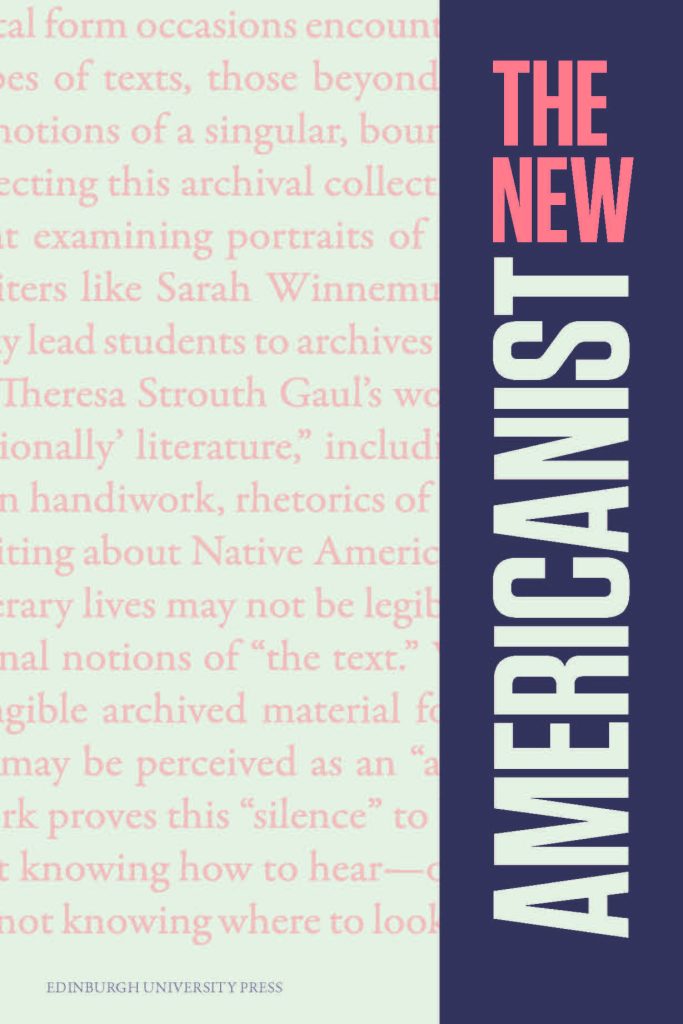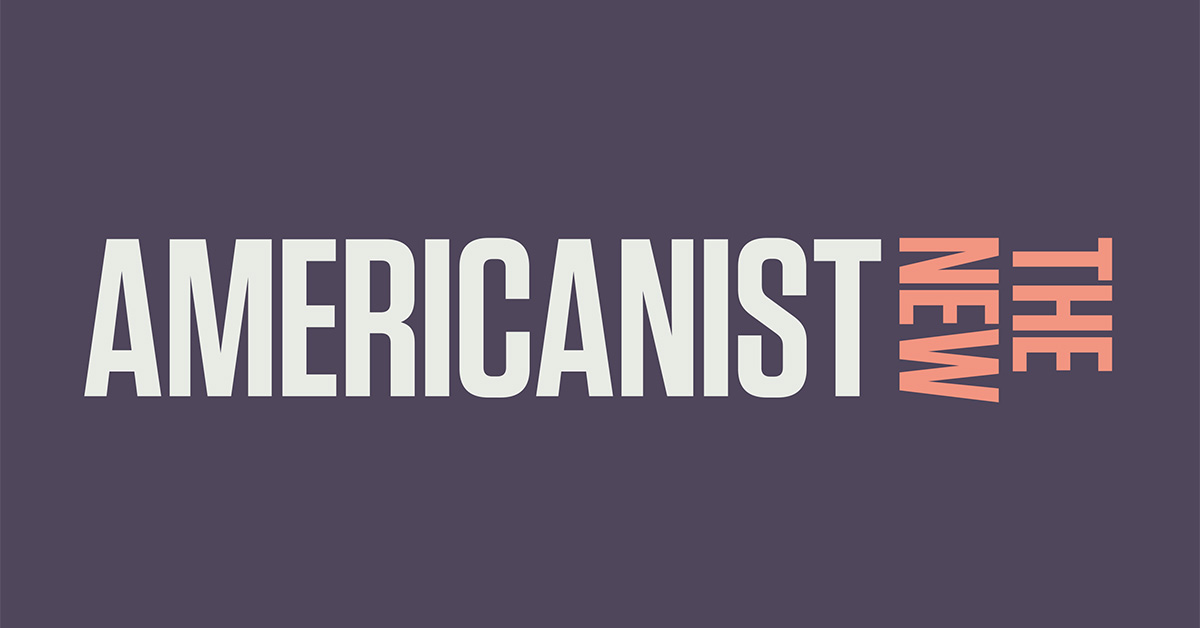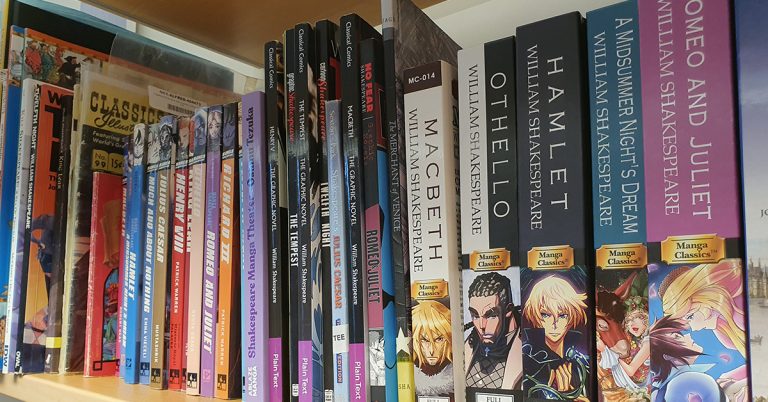
by Matthew Chambers
The text for this blog is taken from the Editor’s Introduction of The New Americanist Vol 2.2.
The New Americanist continues a tradition of research publication at the American Studies Center (University of Warsaw)—some iteration of the journal dates back to 1983 (the Center was founded in 1976). Indeed, the history of the journal and the Center reflects many of the changes in Poland and the Polish academy from which it springs over these many decades. The American Studies Center was founded in cooperation with Indiana University Bloomington (who simultaneously started a Polish Studies Center in Indiana). A thorough history of the founding and early decades of the Center have yet to be written, and given the political dynamics of the Cold War, the story of any American/Polish institutional partnering would be an interesting one and worth sharing. Today, the Center continues to flourish with over 200 new students joining each year to study a multitude of subjects in our English language program of study.
The journal itself, first published as American Studies, originally emphasized political, historical, and economic topics with occasional pieces on literary topics. Over the years, especially following its change to The Americanist in 2006, saw more space given over to literary and cultural topics. The issues tell a story of the shifting attention and boundaries for what might be possible as “American studies” in Poland over the intervening decades. A good history of American studies in Poland has yet to be written, but that prospective book should include the archive of the American Studies Center’s journal.
In 2017, I was approached to take over The Americanist. Our first decision was to change the name to The New Americanist: first, to signal a clear shift in editorial focus; and second, to signal, in a way, following such influential figures who have used the phrase like Amy Kaplan and Donald Pease, that this editorial focus would be inclusive and innovative. Further, it has been our desire that this journal function as a platform for international scholarship. We have had some success on this front, and now, with our partnering with Edinburgh University Press, we hope to strengthen and broaden its reach and impact.
In the end, this is a journal which is born of the multidisciplinary nature of the American Studies Center. As a way to acknowledge the years of work published by The New Americanist before our cooperation with Edinburgh University Press, we are presenting this celebratory issue. In addition to a book review written by one of our doctoral students, Aleksandra Kaminska, on a recently published work, Ryan Crawford’s “Moby-Dick, American Studies, and the Aesthetic Education of Man (2018); Alessandro Porco’s “The Life and Art of Mary Parks Washington” (2018); Rikki Bettinger’s “‘Exceedingly Neat and Clean’: Household Management in North Atlantic Women’s Travel Writings, 1800–1850 (2018); Taylor Driggers’ “Archaeologies of the Future: Deconstruction, Fantasy, and the Fiction of Ursula K. Le Guin” (2019); and Lois Leveen’s “Black Lives Mirror: Reflections on White Anti-Racist Activism in 2020” (2021) are all reprinted here from their original versions and reflect well the variety and scope of what we have published to date. We would like to thank all our contributors for their work.
We would like to thank the American Studies Center director, Professor Grzegorz Kość for his initiative in getting this iteration of the journal off the ground and for his continued, unwavering support. We would also like to thank Vice Rector for Research Professor Zygmunt Lalak for the generous financial support. We are proud of the work we have published and excited for you to read what’s to come.
About the journal

The New Americanist is an interdisciplinary journal publishing scholarly work on the United States and the Americas broadly considered. We are especially interested in work which includes a global perspective, introduces new critical approaches, and proposes theoretical frameworks to the study of the US. We welcome contributions from scholars from around the world and across the humanities and the social sciences.
We particularly seek writing focused on developments in literary and cultural studies, film and media, and history and politics as it relates to the most pressing social issues of our time. We are open to a broad range of perspectives, but we are particularly keen to platform historically marginalized or otherwise disadvantaged voices.





